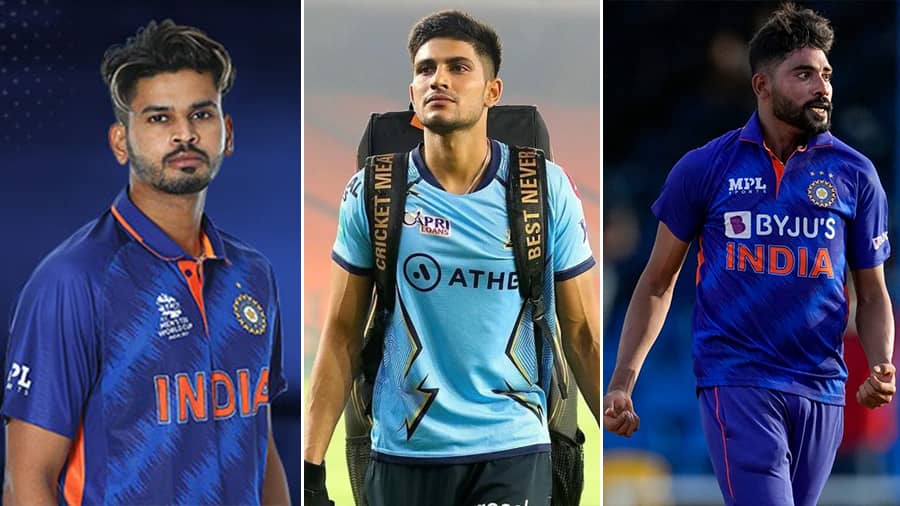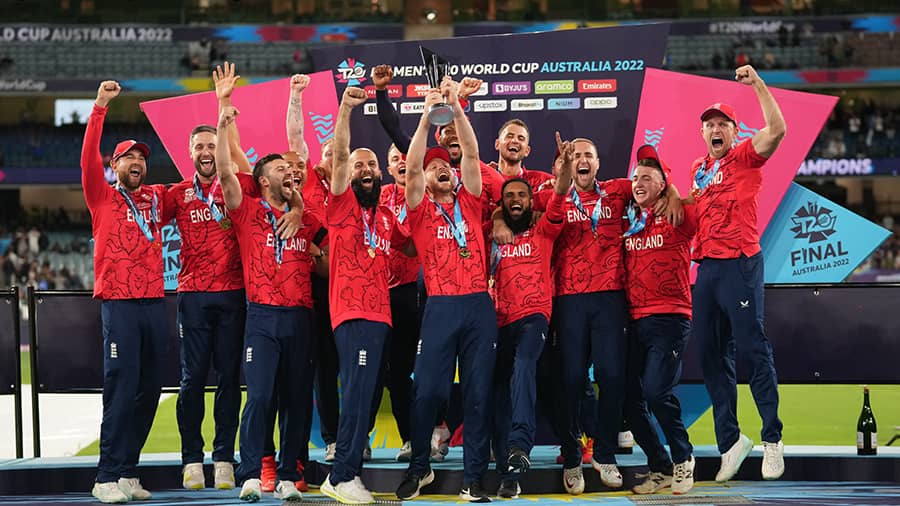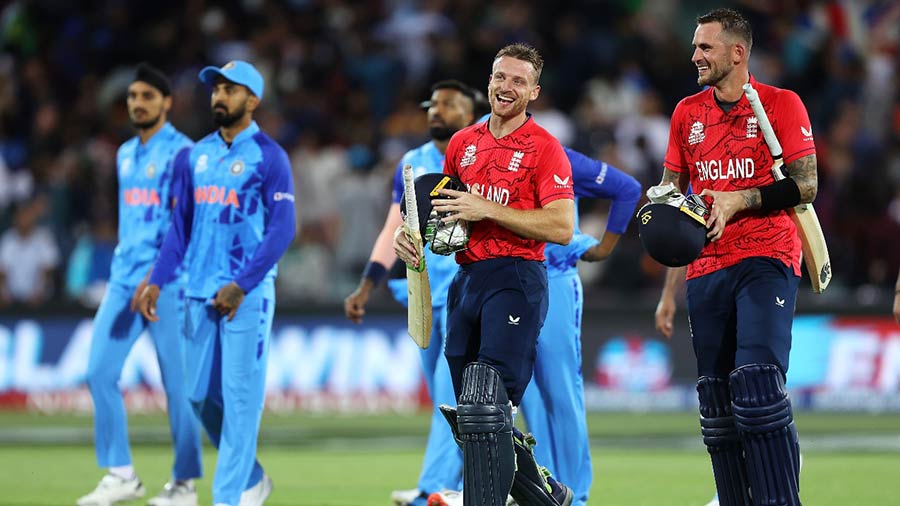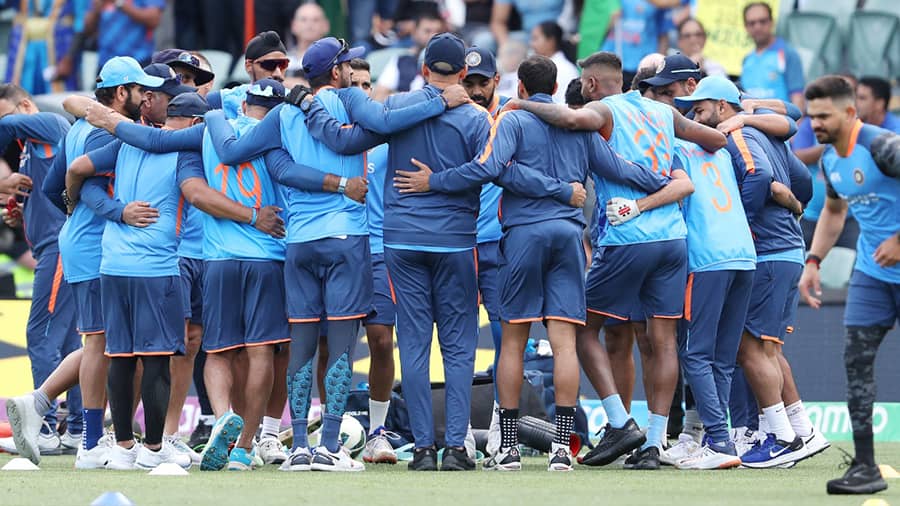In the end it was not the high-scoring thriller that the T20 format promises, but a bruising bout that occasionally strained the nerves. The outcome was not a foregone conclusion until late in the match — England needed 49 off six overs after scoring 61 runs off the first 10 overs. They got there in five overs, capping a convincing win. Pakistan, too, earned kudos for taking it deep despite a below-par total of 137.
Kolkata Connect
Remember the T20 World Cup final at the Eden Gardens in 2016? England had put up 156 and the West Indies needed 18 off the last over to win. A stiff task by all estimates. Ben Stokes bowled the over and was hit for four consecutive sixes by Carlos Brathwaite. A disconsolate Stokes kneeling down on the Eden greens became a viral image. It was beamed in Melbourne also during the World Cup that just got over. But Stokes had already redeemed himself. He was the hero who won England their maiden 50-over World Cup in 2019. This Sunday, he completed the T20 circle.
The all-rounder with roots in New Zealand has a habit of rising to the occasion. He had followed up his Man of the Match performance in the 2019 ODI World Cup final with a winning hand in an epic Test match against Australia. On Sunday, he yet again brought his A game to a big match. His strike rate might have been slow by T20 standards but his innings was ultimately worth the World Cup.
The Indian superstars can learn a thing or two from Stokes about adjusting to a situation and performing on the biggest stage. It’s not easy to ignore one’s instincts or put away one’s ego. Capable of going berserk, Stokes kept calm and rotated strike, unfurling the big shots only when necessary. He ensured that the stellar effort of English bowlers, especially Sam Curran and Adil Rashid, did not go to waste.
India A T20 Tours

Playing against ‘A’ teams of other nations in their territory and in India has produced an able back-up pack for Test matches. (L-R) Shreyas Iyer, Shubman Gill and Mohammad Siraj are some of the examples
England revamped their white-ball approach after losing to Bangladesh and crashing out of the ODI World Cup in 2015. They decided that the best strategy is to go for shots from the start and sustain that for the entire innings, be it for 50 overs or 20. They propagated this philosophy in their domestic circuit, identified a pool of players suited to this and kept backing them. The result is showing.
India has a wider pool of players to choose from but seem lacking in dynamism. We have the world’s biggest, richest and most-sought-after T20 league but have never won the T20 World Cup since its inception. Let’s not fault the IPL for this. We have not won because the effort, energy and vision needed to convert the benefits of IPL into something more meaningful has not been there.
India’s ‘A’ team programme has been excellent. Playing against ‘A’ teams of other nations in their territory and in India has produced an able back-up pack for Test matches. Shubman Gill, Mohammad Siraj and Shreyas Iyer are some of the examples. Strangely, there has been no attempt to replicate this plan for the other formats. A separate limited-overs team has occasionally been fielded in the recent past, but that was more due to Covid compulsions than as a result of planning.
New-look dugout
Pakistan have Matthew Hayden and Shaun Tait among the coaching staff, both of whom were forces in T20 cricket. The others are Saqlain Mushtaq and Mohammed Yusuf, both big names. While being a big player is not a must to be a successful coach internationally, the T20 credentials of the Indian coaching staff of Rahul Dravid, Vikram Rathour and Paras Mhambrey are somewhat suspect. Rathour and Mhambrey ended their careers before T20 became common. Dravid played the IPL, but that stint hardly enhanced his reputation. Should India try out coaches with more first-hand experience of T20s? Will it be better if the Indian board opts for separate coaching teams for separate formats? Questions for the board to answer before the next T20 World Cup.


